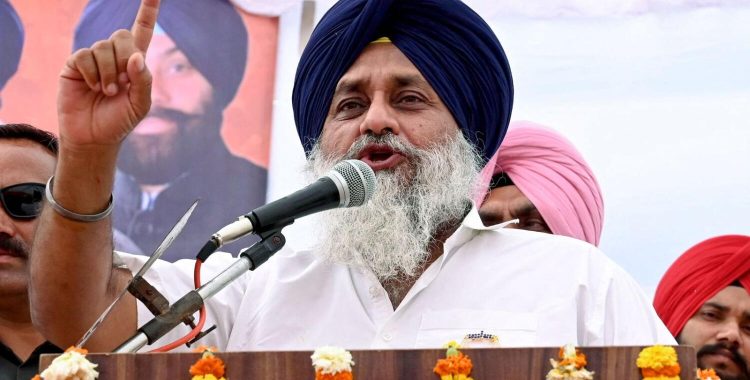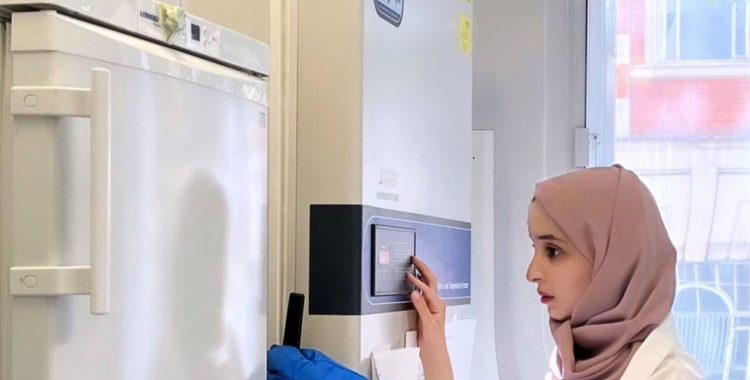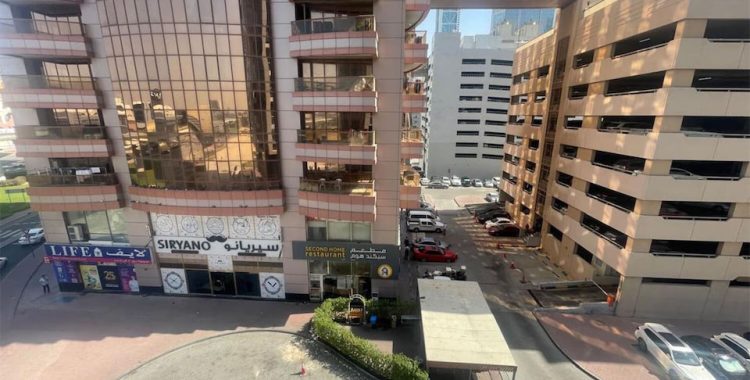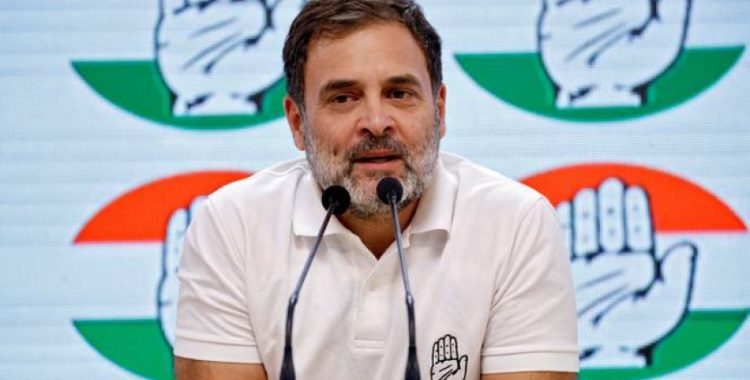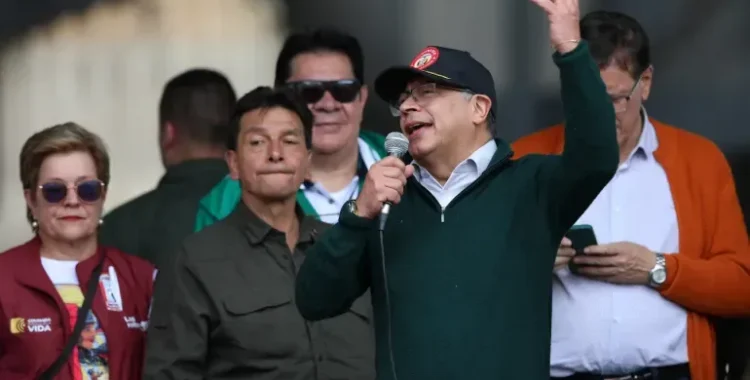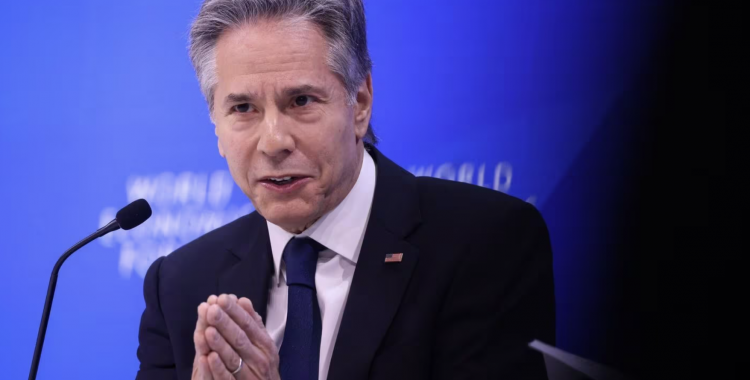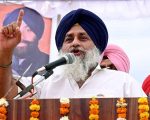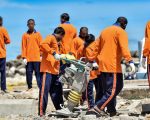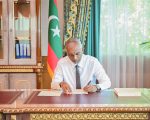The death toll in ongoing Bangladeshi student protests over a quota system for civil service posts reached 50 on Friday afternoon, according to an AFP count of victims from hospitals around the country.
“We’ve got five bodies here. They were killed today,” Bacchu Mia of the Dhaka Medical College Hospital told AFP on Friday, following 45 other deaths tallied around the country since Tuesday.
Private broadcaster Independent Television said 702 people had been injured during Thursday’s clashes including 104 police officers and 30 journalists.
The nationwide protests are the biggest since Prime Minister Sheikh Hasina was re-elected to a fourth term in office, and are fuelled by high unemployment among the youth, with nearly a fifth of the 170 million population out of work or education.
The protests began on July 1 with university pupils blocking major roads and railway lines in big cities around the country to draw attention to their demands.
They have continued nearly every day since, with high school students also joining the rallies, despite Bangladesh’s top court suspending the quota system on July 10 for one month and urging demonstrators to return to class.
Meanwhile, Bangladeshi expats in the UAE were growing anxious as violent clashes between protesters and police raged back home. Worse, communication lines were disrupted and Internet was shut down nationwide.
The quotas have caused anger among students who face high youth unemployment rates, with nearly 32 million young Bangladeshis not in work or education out of a total population of 170 million people.
Demonstrations intensified after Prime Minister Hasina, the daughter of Sheikh Mujibur Rahman, who led Bangladesh’s independence from Pakistan, refused to meet the protesters’ demands.
The protests turned violent this week when thousands of anti-quota protesters clashed with members of the student wing of the ruling Awami League party across the country.




